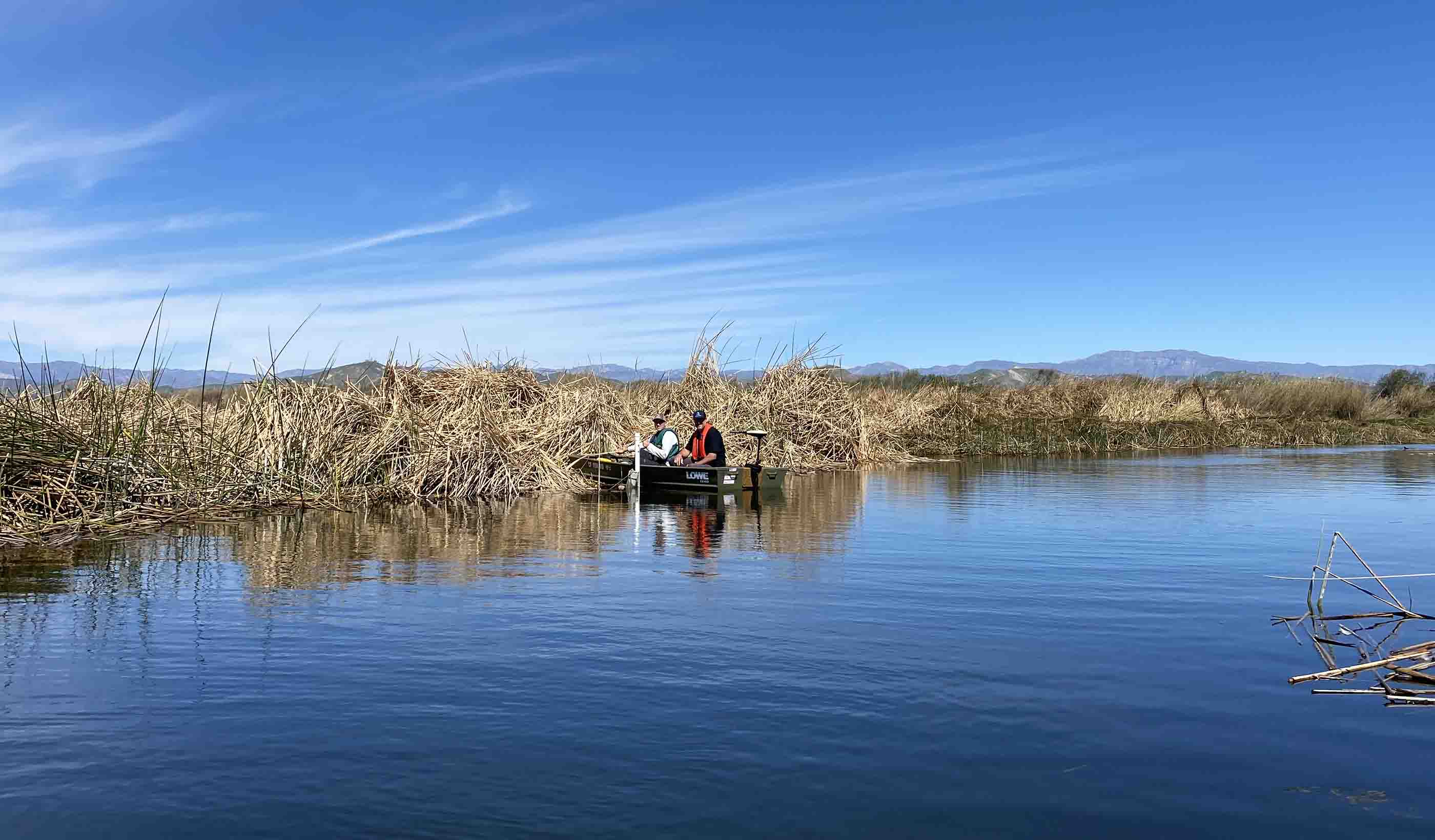At a Glance
-
150
Wildlife Habitat Acres Created
- Location
- Milton, Ontario
- Offices
-
- Location
- Milton, Ontario
- Offices
Share
Western Chorus Frog eDNA Assessment
Western Chorus Frogs are small, light-brown, three-striped frogs that need both water and land to survive. As a threatened species under Canada’s Species at Risk Act, these frogs with their springtime songs need help and that means protecting their habitat. As part of the construction of its Milton Logistics Hub, Canadian National Railway has committed to an extensive wildlife habitat creation program, including over 15 acres of habitat for the Western Chorus Frog.
We conducted baseline monitoring to assess the presence of the Western Chorus Frog in proximity to the planned habitat creation site. About the size of a large grape, these frogs are a tiny and cryptic species that are difficult to find in the field. Conventional surveys look to detect the frogs in the early spring when they travel to breeding pools and make a trill-like mating call, but this calling period is brief and often unpredictable. To help find the frogs, we conducted environmental DNA (eDNA) surveys in conjunction with conventional surveys—eDNA is traces of DNA shed by organisms into the environment, through bodily fluids, skin cells, or other secretions. Samples were collected by pumping water through a filter to collect fine organic matter containing eDNA, then sent to one of our commercial lab partners to analyze for the presence of Western Chorus Frog eDNA.
The eDNA survey allowed us to survey for the Western Chorus Frog in a reliable, timely, and cost-effective manner. Results of the baseline monitoring will be used to compare to a long-term monitoring program following the installation of created habitat.
At a Glance
-
150
Wildlife Habitat Acres Created
- Location
- Milton, Ontario
- Offices
-
- Location
- Milton, Ontario
- Offices
Share
Andrew Taylor, Senior Ecologist
Working with a multidisciplinary team of experts, I develop solutions to protect our natural environment while building communities.
We’re better together
-
Become a client
Partner with us today to change how tomorrow looks. You’re exactly what’s needed to help us make it happen in your community.
-
Design your career
Work with passionate people who are experts in their field. Our teams love what they do and are driven by how their work makes an impact on the communities they serve.













